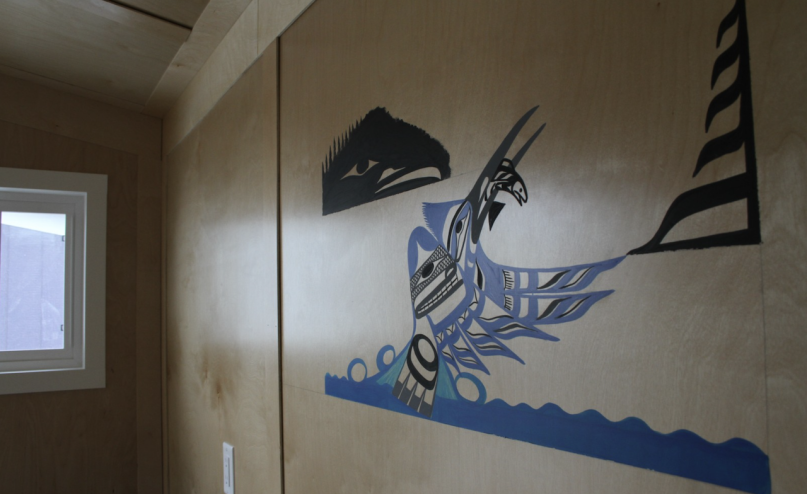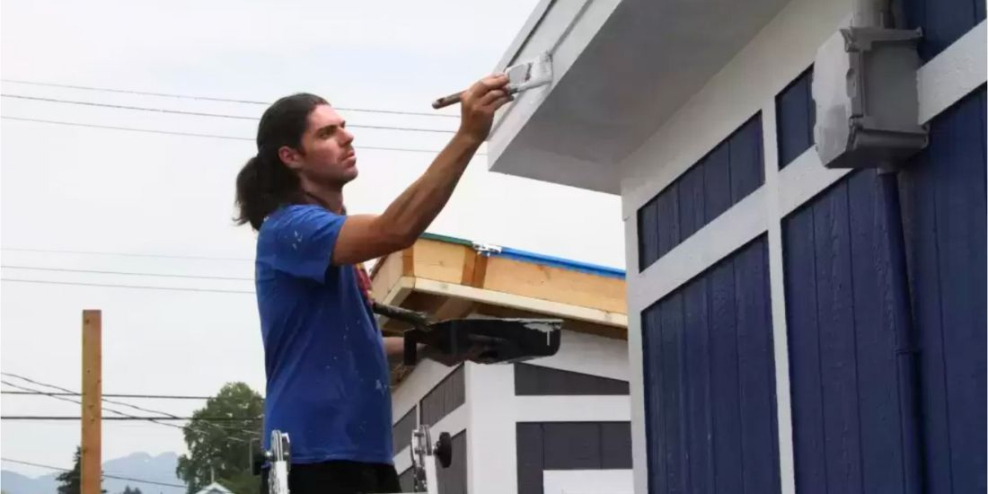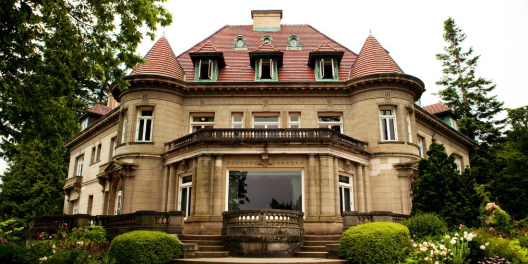It’s been a long time coming, but Port Alberni’s Walyaqil Tiny Shelter Village is finally about to open its doors.
The Port Alberni Friendship Center is putting the finishing touches on 20 tiny homes, which will serve as transition homes for vulnerable residents.
They’ve been working for years to bring this project to life, and executive director Cyndi Stevens told Ha-Shilth-Sa that the village aims to be a completely new approach toward helping folks reach long-term independence.
“We’re not going to just be a place for them to live. We’re also going to be a place that offers education, support, counselling, cultural support, food and all of that. It’s really about transitioning them to the next phase.”
Real change is needed in the town more than ever. As MP Gord Johns said, Port Alberni is “ground zero” of British Columbia’s opioid crisis. Last year Port Alberni saw an overdose fatality rate that was double what occurred across the Island Health region.
Staff will always be at Walyaqil, 24/7, to ensure residents are safe.
“All of our team members will be supporting each unit,” she said. “They’ll be doing checks on them quite frequently.”
Every tiny home is fire safe and equipped with heating and air conditioning, a bed, a small fridge and a table.
Artwork by Mowachaht/Muchalaht artist Patrick Amos helps each home to resonate with the real meaning of “Walyaqil,” which is “to be at home.”

Bathrooms, showers, and gathering space are available separately on-site.
Carolyn Bennett, Canada’s Minister of Mental Health and Addictions, visited the Tiny Shelter Village to assess how it will help the overdose crisis’ toll on Port Alberni’s homeless community.
“Quite often, the 28-day program hasn’t worked. People need longer programs,” she said.
“Certain people have to numb themselves out of the pain, whether it was child abuse, or they fell off a roof and then got cut off their meds and went to the street for their drugs. People require our love and our care, and not jail.”
Before even opening, the project is already inspiring others to create similar setups.
The project was made possible with the help of 13 North Island College Carpentry students. One student, Cody Nielsen-Robinson, told Denise Titian he wants to help develop a similar tiny home village on his Tseshaht reserve.
“I proposed to our band to build a tiny home village using eco-friendly resources,” he said. “I want to build them on my own.”
There’s also the potential to add another ten tiny homes to the property in the future if additional funding can be found.
For the moment, they hope to move the first residents in by August.









